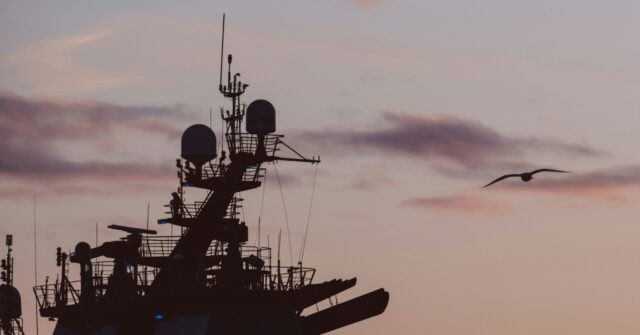A Paris commercial court recently overturned a ban that had restricted Israeli defense companies from showcasing military weapons utilized by Israel in its operations in Gaza and Lebanon during the upcoming Euronaval trade exhibition. The ruling was issued just days before the international naval defense show is set to commence in Le Bourget, near Paris. This ban had initially generated significant criticism from Israeli officials, who accused the administration of French President Emmanuel Macron of enacting discriminatory practices against Israel. The event’s organizers had stated that Israeli firms could only participate if they refrained from exhibiting any equipment associated with military actions in the aforementioned regions, which further inflamed tensions between the two nations.
The Israeli response to the ruling was one of relief and victory, particularly from Foreign Minister Israel Katz, who took to social media platform X to commend the court’s decision. He characterized the outcome as a pivotal triumph for Israel, describing it as not only a “significant victory” but also a “critical win for justice.” He emphasized that the ruling sent a powerful message aimed at detractors who seek to undermine Israel’s efforts in its ongoing struggle against various adversarial forces. This legal maneuvering was orchestrated by the Manufacturer’s Association of Israel along with several defense corporations. They argued that the initial restrictions breached principles of free trade which should apply to all countries involved in the exhibition.
In contrast, the French government stood by its decision to impose restrictions on the promotion of arms linked to recent conflicts, framing its reasoning around a desire for a cease-fire in the ongoing Middle Eastern turmoil. French Foreign Minister Jean-Noël Barrot articulated the government’s position in parliament, asserting that endorsing military equipment deployed in Gaza and Lebanon could hinder France’s diplomatic initiatives in the region. Despite these governmental concerns, the court ultimately sided with the petitioning Israeli firms, thereby granting companies such as Rafael and Elbit Systems the ability to present their comprehensive range of defense technologies at the exhibition.
The Euronaval trade fair is regarded as one of the premier global conventions for naval defense technology, attracting over 300 companies from 30 different countries. The exhibition occurs against the backdrop of escalating conflict and political unrest in the Middle East, heightening international scrutiny over the sale of arms to various nations involved in ongoing hostilities. This setting makes the participation of Israeli defense companies particularly sensitive and contentious, as discussions about arms trade may evoke fears of exacerbating existing conflicts.
While the court’s decision has been celebrated by Israeli officials, it has not come without its controversies, both domestically and internationally. The implications of such a ruling could set precedents in the dynamics between countries concerning arms exhibitions and trade agreements amidst international conflict. France’s initial position reflected a careful balancing act between its diplomatic policy objectives and its commitments to free commerce, raising questions about how countries navigate these conflicting interests in an increasingly tumultuous geopolitical landscape.
As the Euronaval exhibition approaches, it will not only showcase a wide array of defense technologies but also serve as a stage for broader conversations concerning military ethics, international relations, and the responsibilities of nations engaged in arms trading. The outcome of this legal battle underscores the complexities surrounding the arms trade, especially in situations where military actions can have far-reaching humanitarian impacts. Exhibitors and attendees at the event will be closely monitored for how they address these pressing issues and what commitments they make regarding responsible arms sales in a changing world.

